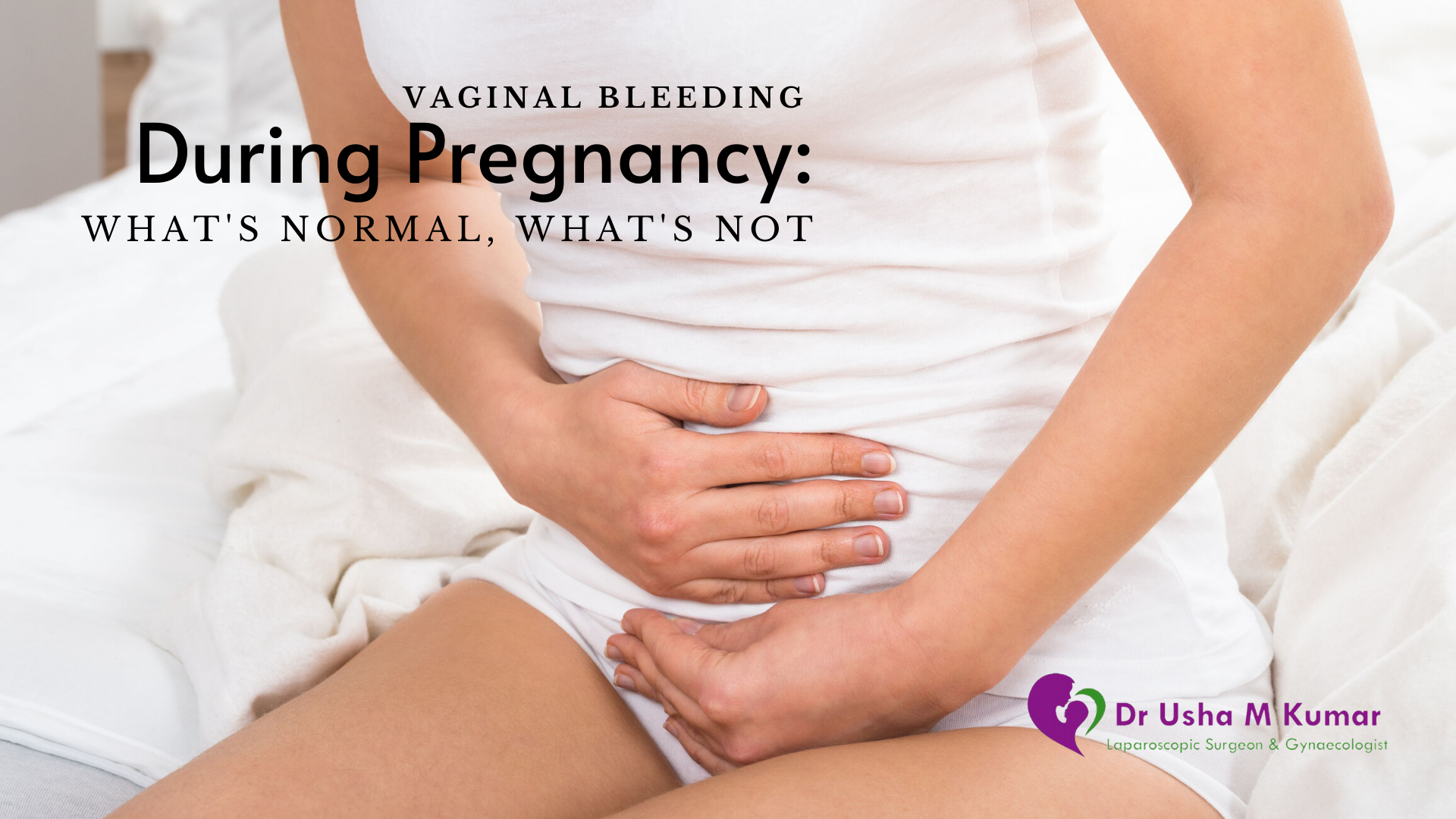
04 Mar Bleeding During Early Pregnancy
Blood clots also known as clotting/blockage occurs when the body creates cells called platelets to block the flow of blood. Clotting of blood is a necessary function for the body to be able to deal with small cuts or injuries. However, when blood clots occur due to underlying conditions, they can cause serious health problems by blocking veins and arteries and can even become life-threatening. Here’s you find out with the best gynae in Delhi that is it normal to bleed in early pregnancy. Read on!
BLOOD CLOTTING DURING PREGNANCY-
Blood clotting/ blockage during pregnancy is normal, but sometimes it may cause serious problems in certain women. During pregnancy, the blood tends to clot in the deep veins of the leg and pelvic region and this condition is also known as deep vein thrombosis (DVT). When DVT travels to the blood vessels of the lungs then the condition is known as pulmonary embolism (PE) and can be very serious.
The blood clots can harm the baby as they can occur within the placenta or where it joins the uterine wall. Although blood clots arise within the placenta frequently, they usually go away on their own. It is, though, an absolute necessity to consult a gynecologist in such matters and let them determine what needs to be done.
WHO COULD BE AT RISK?
- If you are above 35 years of age.
- If you or your family has a history of DVT.
- Being overweight or obese.
- If you are a chain smoker.
- If you have had a cesarean earlier.
- If you have undergone a long persistent journey during pregnancy.
SIGNS OF BLOOD CLOTTING:
- Swelling on the leg.
- Severe pain during walks.
- Veins look larger than normal.
RISKS INVOLVING BLOOD CLOT DURING PREGNANCY:
- Pulmonary embolism may affect breathing or the proper functioning of the lungs in any fashion.
- Heart attacks.
- Blood clotting in the placenta can affect the baby’s health and development.
HOW TO PREVENT BLOOD CLOTTING:
- Do light exercises regularly as prescribed by your gynecologist.
- Eat a healthy and well-balanced diet.
- Avoid smoking.
If you are diagnosed with blood clotting, you will be treated with an anti-coagulant along with the prescribed lifestyle and diet changes.
Dr. Usha M Kumar, the best gynae in Delhi is always ready to help you with answers and pregnancy support. Always providing hope and courage when you need it most!



Sorry, the comment form is closed at this time.